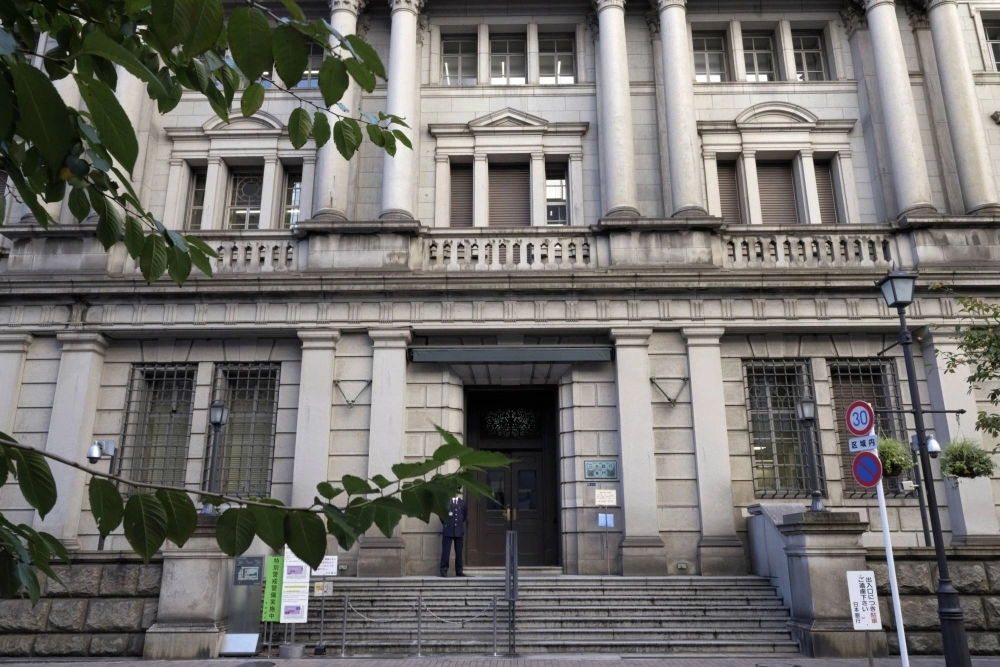The Bank of Japan is on track for zero purchases of real estate investment trusts (J-REIT) this year and its smallest annual haul of exchange-traded funds (ETFs) since 2010 as it continues to stealthily tiptoe in the direction of more conventional policy.
The central bank has yet to step into the J-REIT market this year as of Tuesday, after purchases every year since 2010 to help lower risks in the property market. Separately, the BOJ has bought ETFs, another risk asset, just three times so far this year as the stock market soared to a 33-year high.
The lack of buying in the two markets reflects their robust growth, a factor that largely sidelines the need for additional help from the central bank. But it also points to the BOJ taking the opportunity to limit its distortion of markets and step back from its massive stimulus program.


















With your current subscription plan you can comment on stories. However, before writing your first comment, please create a display name in the Profile section of your subscriber account page.